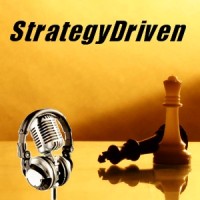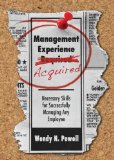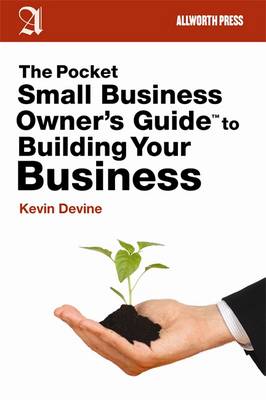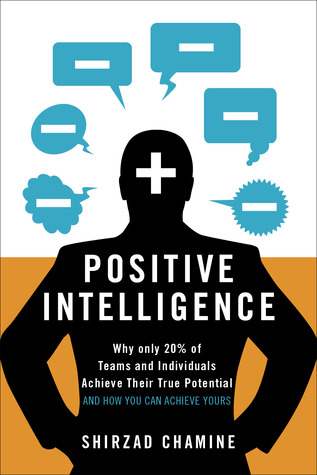A dozen books to own and read – at least once.
When Jim Rohn said, “All the information you need to succeed already exists, the problem is you haven’t exposed yourself to it,” it was one of the most challenging and eye-opening statements I had ever heard. I immediately made a lifelong goal to read a thousand books.
I have not reached that goal yet, but I’m eating away at it. I love the hardbound vintage book, but I’m finding that reading on my iPad’s Kindle app provides the perfect strategy to increase my desire to read in spare moments.
Here’s my list of must read books:
1. Think and Grow Rich by Napoleon Hill is at the top of everyone’s list. Written 70 years ago, it’s still the benchmark book for attitude, goal setting, and achievement. Get an original copy (pre 1960), not one of the altered, newly minted, “after the copyright expired” versions. NOTE: Not on this list, but equally important, is the best sales book of all time: How to Sell Your Way Through Life. Written just two years later, this book is an unknown gem. It’s hard to find and a little pricey, but look for it on abebooks.com, bookfinder.com, or ebay.
2. How to Win Friends and Influence People by Dale Carnegie. The all-time, gem of gems for engaging with self-confidence and connecting with sincerity that contains timeless rules of success. Your Carnegie library is only one third completeuntil you own and read How to Stop Worrying and Start Living and Effective Public Speaking, two books with timeless information on stress relief, positive attitude, speaking skills, and success strategies.
3. He Can Who Thinks He Can by Orison Swett Marden. One of the original ‘self-thought’ and self-help books containing thought gems such as, “Every child should be taught to expect success” and “The world makes way for the man with an idea.” If you want a list of great Marden quotes from this book, underlined by John Patterson, the founder of NCR and the father of American salesmanship, go to www.gitomer.com and enter MARDEN in the GitBit box.
4. Swim with the Sharks by Harvey Mackay. A benchmark and game-changing book for me and millions ofother people in business. It’s full of applicable ideas to make you think and strategies to implement immediately.
5. Small is the New BIG by Seth Godin. One of many Godin books that should be in your library. Not just for the information – he’s much more than that. I don’t just marvel at what Seth writes, I marvel at how he thinks.
6. Thinkertoys by Michael Michalko. Short lessons, tools, and exercises you can easily understand and apply immediately. It recharged my brain, and opened my eyes to a new way to see creativity – by example.
7. What Would Google Do? by Jeff Jarvis. A compelling work that centers around Google as it relates to other businesses. Jarvis compares what Google would do to diverse industries such as hotels, restaurants, schools, and the media. Amazingly insightful and thought provoking – especially if you relate it to your business (as I did).
8. Outliers by Malcolm Gladwell. Outliers tells stories of how, why, and when people became successful entrepreneurs, and how standards were set in the 19th century that are still in place today. But it’s his concept of ‘10,000 hours’ that makes this book an absolute insightful treasure.
9. Steve Jobs by Walter Issacson. Jobs had vision, foresight, character, uncompromising ideals, and shrewdness. He was inspirational to all who came within his domain. This is a great story and important to read in order to understand where we are today. I have written about Steve Jobs’ impact on my life. If you’d like to read it, go to www.gitomer.com and enter JOBS in the GitBit box.
10. The Pursuit of Prime by Ichak Adizes, Ph.D. This book addresses the stages every growing business goes through, and what to expect and do in each stage. Compelling because it’s both a game plan for what to do, and a pie in the face for what you haven’t done.
11. Social Boom by Jeffrey Gitomer (hey, that’s me!) and several other social media experts. Business Social Media is not an option, and this book is the ultimate “how to” and “why.” Yes, I have ten other books I hope you buy, read, and implement the lessons from, but Social Boom is my best book for this moment.
12. Atlas Shrugged by Ayn Rand. A book that has been canonized by every cross section of the political and business landscape EXCEPT the politician trying to grow government and give handouts. It’s an amazing, compelling read, and has a happy ending for entrepreneurs. May be my favorite of all time. When you’re finished reading this epic novel, I dare you not to starts on Rand’s The Fountainhead.
12.5 There are other imperative non-books. CDs, essays, quote books, and kids books that I also highly recommend. They are, in no particular order, The Art of Exceptional Living (CDs) by Jim Rohn, Acres of Diamonds by Russell Conwell, A Message to Garcia by Elbert Hubbard, Little Engine That Could by Watty Piper, and The Strangest Secret (CD) by Earl Nightingale. You can find all of these gems at www.executivebooks.com.
NOTE WELL: This is not THE definitive book list – it’s MY definitive book list. These are books I have read, been inspired by, implemented, and banked. I have a longer list on my website – click on ‘Recommended Reading’ under ‘Sales Help.’
Invest your time reading. It will pay lifelong dividends.
Reprinted with permission from Jeffrey H. Gitomer and Buy Gitomer.
About the Author


 StrategyDriven Podcasts focus on the tools and techniques executives and managers can use to improve their organization’s alignment and accountability to ultimately achieve superior results. These podcasts elaborate on the best practice and warning flag articles on the StrategyDriven website.
StrategyDriven Podcasts focus on the tools and techniques executives and managers can use to improve their organization’s alignment and accountability to ultimately achieve superior results. These podcasts elaborate on the best practice and warning flag articles on the StrategyDriven website.
 Wendy Powell is the author of
Wendy Powell is the author of 

